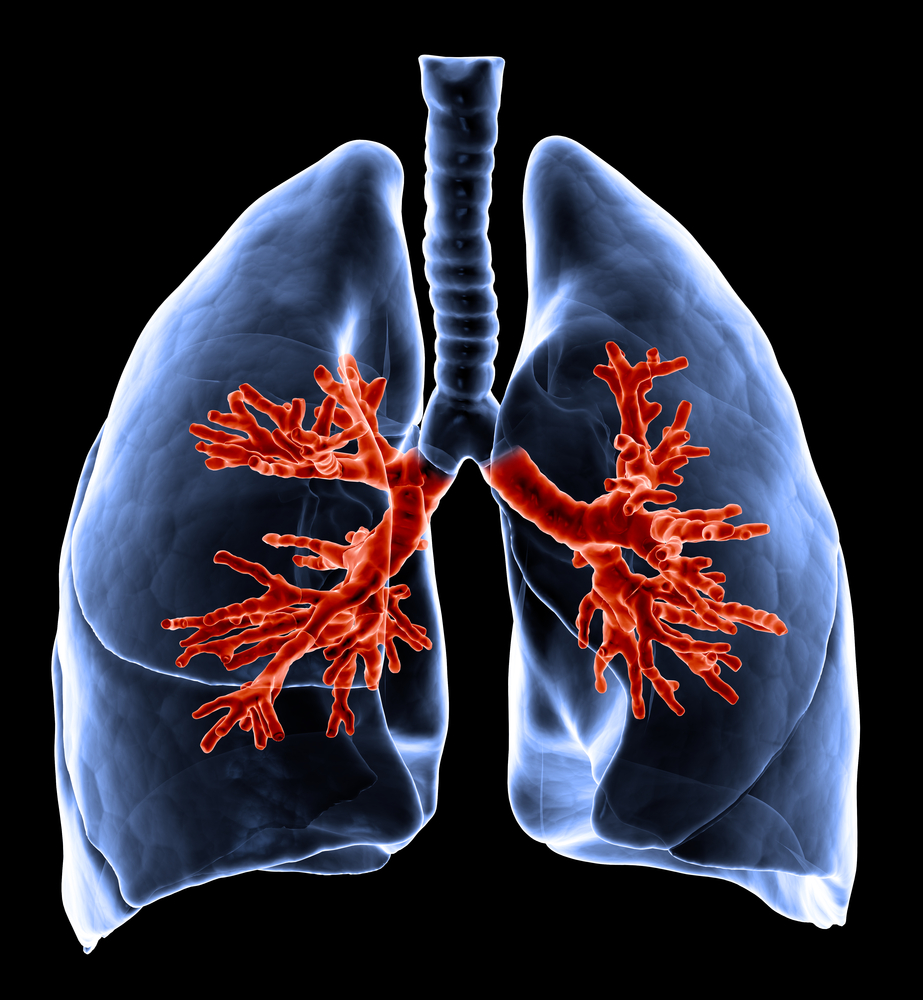COPD Awareness Month: The Fight to Breathe Better
 Could you imagine how difficult it would be to breath if you had an elephant sitting on your chest? As cliche as this may sound, it’s a fair representation of how difficult it can be to breath during a COPD exacerbation. The month of November happens to be COPD Awareness Month and today is World COPD Day 2014.
Could you imagine how difficult it would be to breath if you had an elephant sitting on your chest? As cliche as this may sound, it’s a fair representation of how difficult it can be to breath during a COPD exacerbation. The month of November happens to be COPD Awareness Month and today is World COPD Day 2014.
Before we proceed, we should clarify that COPD stands for chronic obstructive pulmonary disease. You might also be surprised to learn that only cancer and heart disease cause more deaths on an annual basis in the U.S. Perhaps even more scary would be the number of people in the general population that could actually tell you what COPD stands for if you were to ask– some may even be showing early signs of the disease without realizing it.
This is exactly why public health events like World COPD Day and COPD Month are so important. Every year, organizations like the American Lung Association fight to bring this disease to the public’s attention. Unfortunately, no one has created a viral campaign like the Ice Bucket Challenge for COPD just yet.
COPD Is Manageable
If you are living with this respiratory illness, there are several things that you should understand. This is a progressive disease which means that symptoms will get worse over time. As the air sacs which facilitate the flow of oxygen to the lungs become less elastic, patients will find it more difficult to breathe properly. While there is still no cure, COPD can be treated and managed over the long run.
It all starts with the diagnosis. If the disease is caught early, then both the severity and progression of symptoms can be more adequately minimized over the long run. That’s why we’ll keep hammering the point that COPD awareness will help save many lives. If you know that a chronic cough and difficulty breathing are red flags for something far worse, you can schedule an appointment with your doctor immediately.
Early Indications & Risk Factors of COPD
The symptoms that are most commonly associated with this illness include:
- Shortness of breath
- A cough that won’t go away
- Wheezing
- Unusual tightness in the chest
- Change in color of sputum or presence of blood
- Swelling in the ankles
- Confusion, forgetfulness, sleepiness, or slurred speech (signs of low mental alertness)
- Signs of low oxygen level in the blood (lips or fingernails turning gray or blue)
- Morning headaches, dizziness, trouble sleeping, restlessness
Clinical studies have taught us a lot about this illness, but there are still many questions left to be answered. Health care experts do have a pretty good idea about the risk factors and habits that can put someone at greater risk for COPD:
- No.1 is becoming a long-term cigarette smoker
- Exposure to large doses of secondhand smoke over a long period of time
- Occupational exposure to significant doses of dust and chemicals
- Being over the age of 40
Research has also identified a rare genetic condition known as alpha-1 antitrypsin (AAT) deficiency that will make a person more susceptible to this respiratory illness.
Taking Her Breath Away
 The American Lung Association is making a real push this year to educate more women about the risks of this health condition. According to a report titled Taking Her Breath Away, there has been an alarming rise in the number of women who are developing COPD. Apparently, the number of women being killed has seen a four-fold hike over the last 30 years. COPD currently kills more women than men each year.
The American Lung Association is making a real push this year to educate more women about the risks of this health condition. According to a report titled Taking Her Breath Away, there has been an alarming rise in the number of women who are developing COPD. Apparently, the number of women being killed has seen a four-fold hike over the last 30 years. COPD currently kills more women than men each year.
If you have already been diagnosed, there are plenty of valuable online resources and support forums available. These support groups can provide all tools that patients will need to improve their quality of life significantly. Check out the American Lung Association’s Better Breather Clubs if you get a chance.
The most important thing that you can do during this month is take every opportunity to talk to others about the risks of COPD. If someone you know has been having issues breathing (or presenting with any related symptoms), they should make an appointment with their doctor.
Finding it difficult to breath is a serious issue that should always be checked out by a professional. If you already are living with this illness, then you could qualify for a clinical trial. Please click here to see what clinical trials are enrolling across the country.